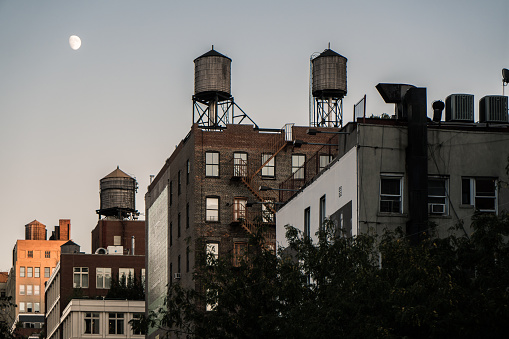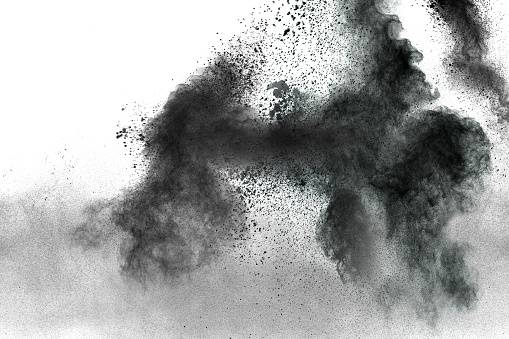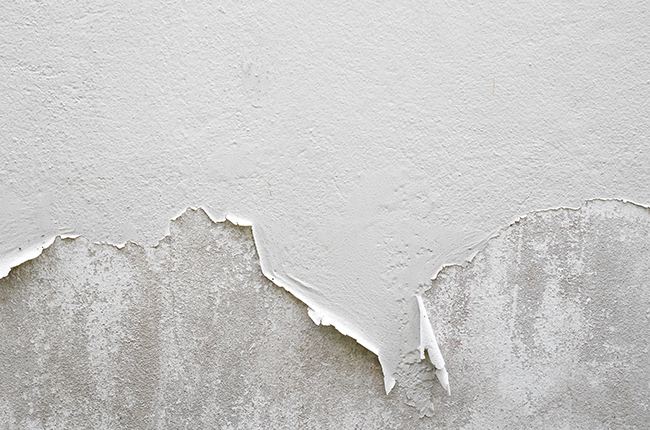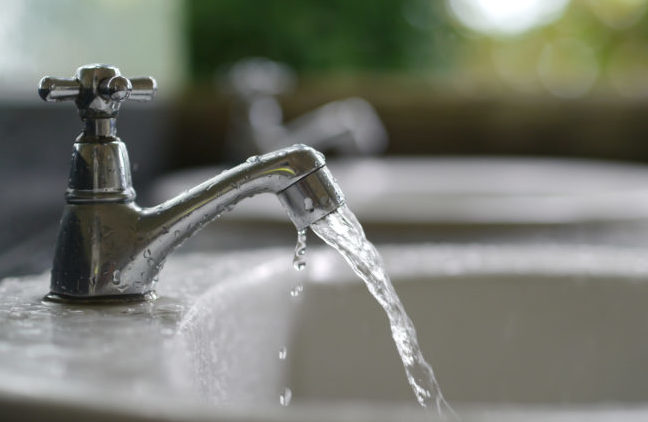On June 28, 2018, the New York State Department of Environmental Conservation (DEC) promulgated revisions to the State Environmental Quality Review Act (SEQRA).
These are the first substantial revisions to SEQRA in over 20 years.The amendments go into effect beginning January 1, 2019 and will apply to all pending and future actions.
Under SEQRA, actions are classified into three main designations: Type I, Type II, and Unlisted. The new amendments provide major changes to the types of projects that fall under the Type I and …
Continue Reading









